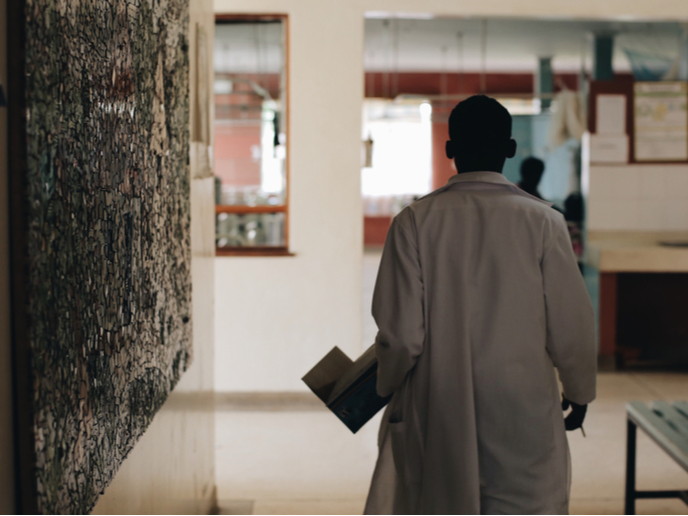Improving access to safe surgery in sub-Saharan Africa
Despite the hard-won global health gains over the past few decades, mortality and morbidity from common conditions that could be treated with surgery continue to be a major problem in the world’s poorest regions. In particular, a majority of the population in sub-Saharan African (SSA) countries lacks access to surgical care. The EU-funded SURG-Africa project has been tackling this issue by scaling up surgical, obstetric and nursing care and anaesthesia services in Malawi, Tanzania and Zambia. As noted in a presentation on the project website, some 63 % of the population in SSA lives in rural areas, where healthcare services are mainly offered by district-level hospitals. In these hospitals, surgery is conducted by non-physician clinicians and medical doctors with no formal training in surgery. So, supervision, training and professional development are crucial for these non-specialists. Now in its third year, SURG-Africa is developing and implementing a supervision programme for district hospital surgical teams by addressing the specific needs of each country. Its model consists of in-service training and support for such teams through periodic visits by surgical specialists. It also involves mobile phone and online needs-based consultations helping district surgical clinicians. In the initial implementation phase of the project, a detailed multi-level situation analysis was done in Malawi, Tanzania and Zambia, converting 86 district-level health facilities that offer surgical care. Following consultations with key stakeholders, such as professional associations and other groups supporting delivery of surgical services, the supervision concept and an action plan were prepared. The model was tested in several district-level hospitals and facilities in the three countries under the guidance of health ministries. Building upon earlier success SURG-Africa (Scaling up Safe Surgery for District and Rural Populations in Africa) is based on findings from COST - AFRICA (Clinical Officer Surgical Training in Africa), a previous EU-funded project. COST - AFRICA ran between 2011 and 2016. It focused on establishing training programmes for non-physician clinical officers (COs) in Malawi and Zambia. Also known as associate clinicians and non-surgeons, COs have been the backbone of clinical care services for rural dwellers in Africa for decades. The COST - AFRICA project rolled out a national BSc in surgery in the two countries involved. It has tested and demonstrated the impact and cost-effectiveness of a feasible and sustainable model for delivering safe emergency and essential elective surgery to district and rural populations in Malawi and Zambia. A news feature on the ‘Irish Medical Times’ website states: “Measures of quality of surgical care, including wound infections and quality of life improvements following hernia repairs, showed that surgery conducted by surgically trained and supervised clinical officers, at district hospitals, was as safe as surgery conducted by general medical officers.” Quoted in the same news feature, SURG-Africa’s Principal Investigator Prof. Ruairí Brugha from the Royal College of Surgeons in Ireland says: “COST-Africa and now SURG-Africa are generating important lessons, not only for these countries but also for scaling up accessible models of safe surgery for rural populations across much of sub-Saharan Africa.” The SURG-Africa project partners hope to develop scalable models in up to seven other African countries. For more information, please see: SURG-Africa project website COST - AFRICA project website
Countries
Ireland



